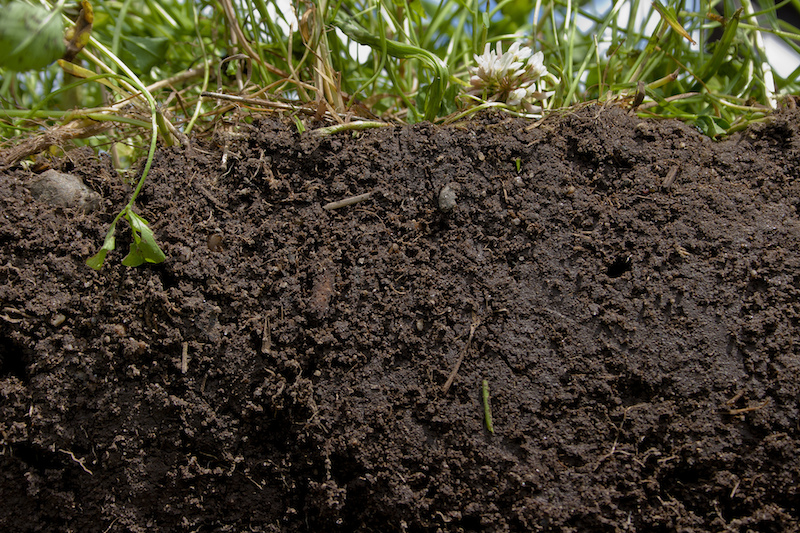
Photo: Natural Resources Conservation Service Soil Health Campaign
Frozen soils overlooked as greenhouse gas emitter and reduction opportunity
New Canadian study shows we need to recalculate global greenhouse gas emissions
Global greenhouse emission calculations have overlooked an aspect of the agriculture sector and emissions may in fact be about 17 to 28 per cent greater for cultivated soils frozen in winter than currently thought, a new paper suggests.
Mario Tenuta, Professor in Applied Soil Ecology at the University of Manitoba, and his colleagues from the University of Guelph led by Claudia Wagner-Riddle, published their findings in Nature Geoscience this week.
Their paper, “Globally important nitrous oxide emissions from croplands induced by freeze–thaw cycles”, argues that current calculation do not account for freeze-thaw emissions.
Every winter seasonal freezing induces large thaw emissions of nitrous oxide (N2O). Nitrous oxide is a trace gas that contributes to stratospheric ozone destruction and atmospheric warming; cropland soils are by far the largest anthropogenic source of nitrous oxide, the paper says.
This gas was overlooked because prior to this study it was not quantified. In a herculean effort, the U of M and Guelph team monitored emissions every 30 minutes at sites in Ontario and Manitoba over 14 and 9 years, respectively. They validated their Canadian data with emissions data from 11 additional cold climate sites from around the world.
“We hope revision to the estimate of N2O emissions from seasonally frozen cultivated soils will encourage research and use of cropping practices to lower greenhouse gases from agriculture,” Tenuta says.
Funding for this study came from: NSERC Discovery and Strategic Grants Program; AAFC Agricultural Greenhouse Gas Program; Canada Research Chair Program in Applied Soil Ecology; Fertilizer Canada; Canada Foundation for Innovation infrastructure grant
Research at the University of Manitoba is partially supported by funding from the Government of Canada Research Support Fund.






